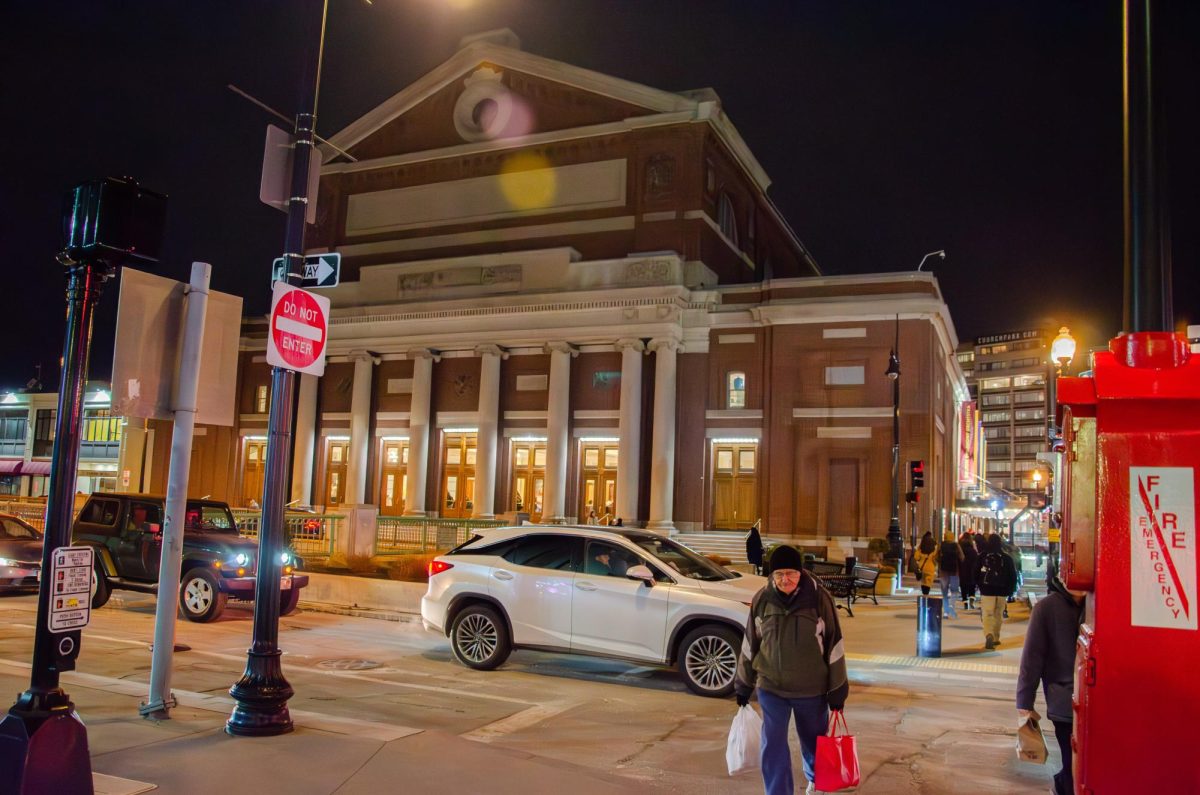During the 20th century, Boston enjoyed one of its most prosperous eras as a center and hub for classical music. Among the talented musicians of the time was Seiji Ozawa, an orchestra conductor originally from Japan. On Feb. 6, the 88-year-old conductor passed away due to heart failure at his home in Tokyo.
Ozawa began his classical music journey not as a conductor but as a pianist. According to an article from the New York Times, Ozawa broke two of his fingers as a child playing rugby. Thereafter, he was recommended to conduct instead, and his life changed from that moment on. [1]
The young Ozawa was taught by Hideo Saito, a renowned teacher of Western music, at the Toho School of Music in Tokyo. The New York Times reports that Ozawa went on to win a competition for orchestral conductors in France. He was invited by one of the judges, Charles Munch, the music director of the Boston Symphony Orchestra, to study at the Tanglewood Music Center in the Berkshires of Massachusetts.
Ozawa continued to gain fame and momentum, earning positions at the New York Philharmonic Orchestra in 1961, the Toronto Symphony Orchestra in 1965, the San Francisco Symphony in 1969, and coming full circle, the artistic director of the Berkshire Music Center from 1970 to 1973. In 1994, Ozawa was honored with Seiji Ozawa Hall, a 1,180 seat auditorium built on the campus of the music center.
The Japanese conductor’s tenure as the music director of the Boston Symphony Orchestra lasted from 1973 until 2002. According to his profile on the BSO website, “His 29-year tenure was the longest in the history of the orchestra, eclipsing the 25-year tenure of legendary BSO music director Serge Koussevitzky.” [2]
While Ozawa’s professional career was not free from strife, including controversial decisions like firing certain members of the BSO, he leaves behind an enduring legacy as a conductor. After 2002, Ozawa’s health was on the decline, but he nonetheless continued to be an active presence in Japan, working in the education field to teach the next generation of musicians.
His profile on the BSO website states that Ozawa “founded the Saito Kinen Orchestra with Kazuyoshi Akiyama in 1984 to commemorate their late mentor, Hideo Saito…The Chamber Music Academy Okushiga had evolved from the Saito Kinen chamber music study group sessions that started in 1997, and in 2011, this became the non-profit organization Ozawa International Chamber Music Academy Okushiga, Asia, to provide opportunities to outstanding students from countries in the region.”
Ozawa also founded the Seiji Ozawa Music Academy Opera Project in 2000, the Seiji Ozawa Music Academy Orchestra Project in 2009 and the Seiji Ozawa International Academy Switzerland to educate European music students.
The conductor was well known outside of the classical music sphere, garnering many fans for his influence on culture. Ozawa paved the way as an Asian conductor in a field dominated by non-Asian colleagues. He was even popular with children, conducting an orchestra of “muppets” on the educational show Sesame Street in 1988. [3]
Ozawa is survived by his wife, Miki Irie, a former actress and model, and their son, Yukiyoshi Ozawa, also an actor. The younger Ozawa is famous for playing the character “Long Long Man” in the Sakeru Gummy commercials. From a previous marriage with his first wife, pianist Kyoko Edo, Ozawa is survived by his daughter, essayist Seira Ozawa. [4]

